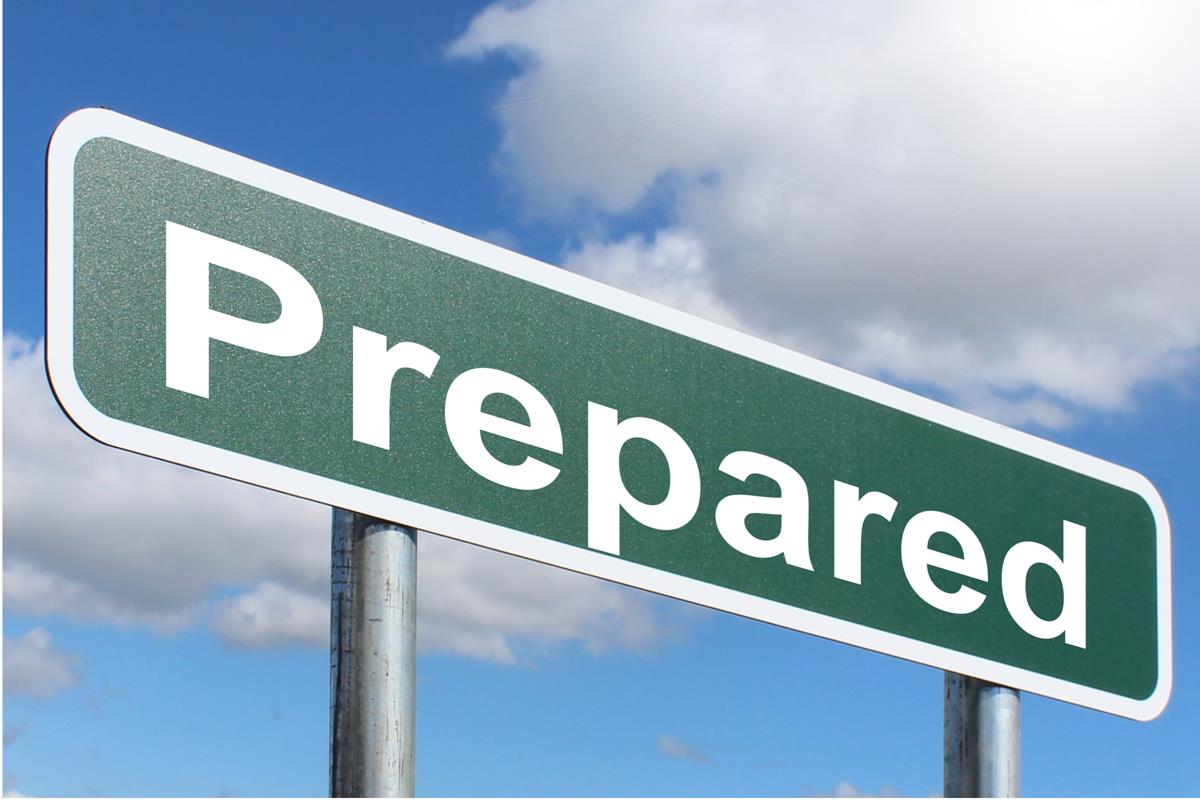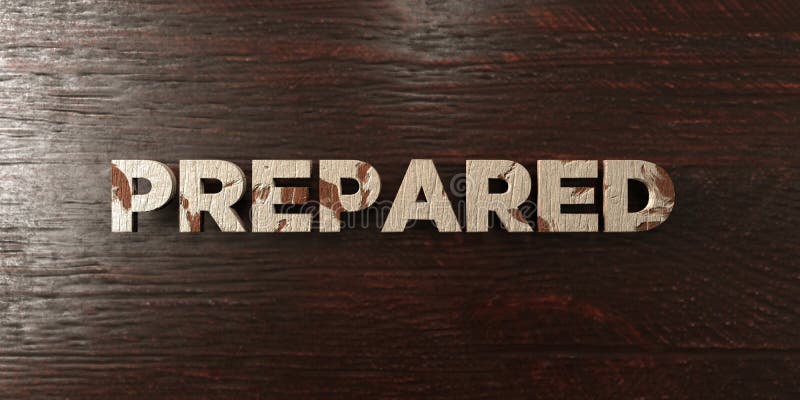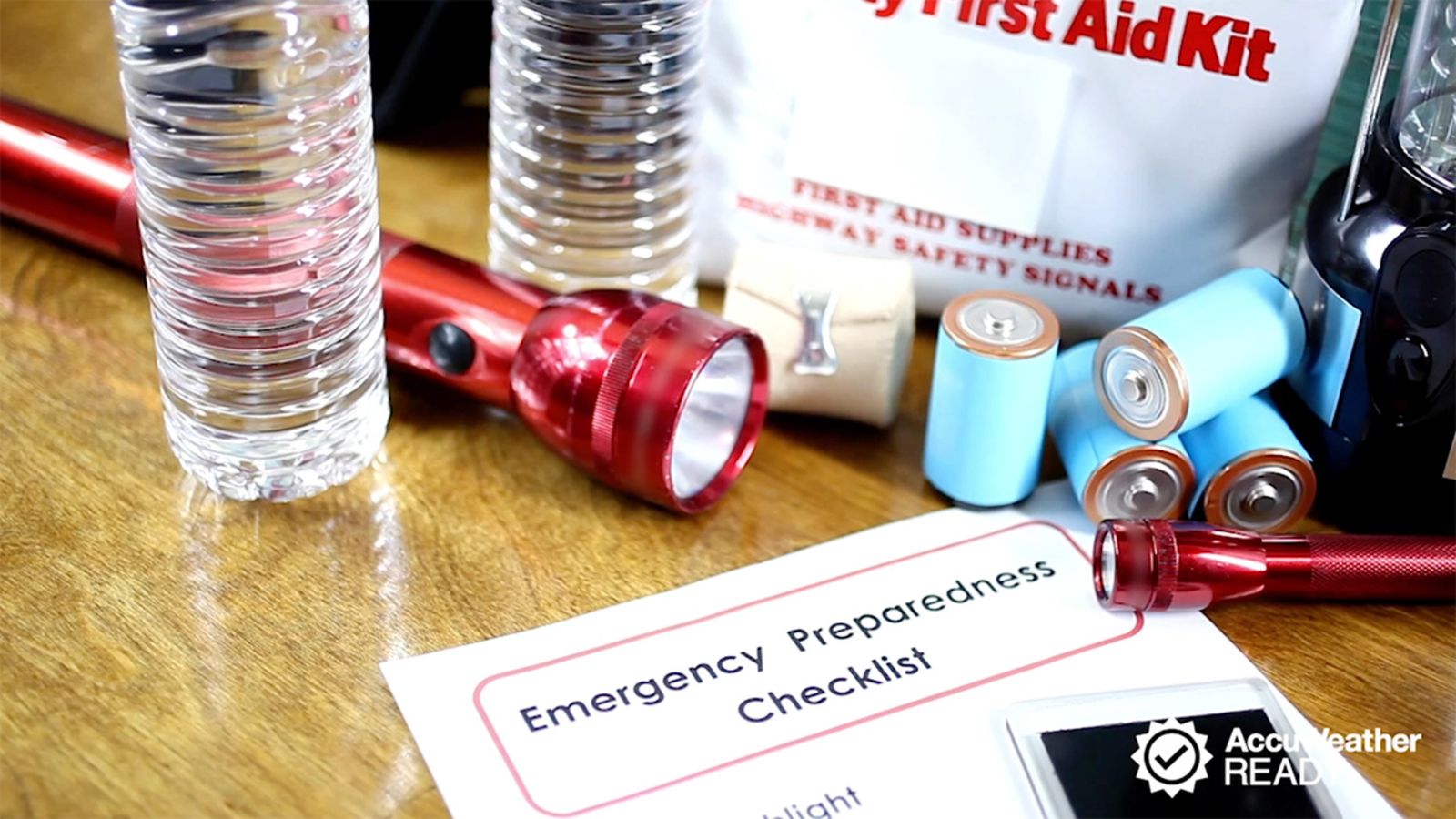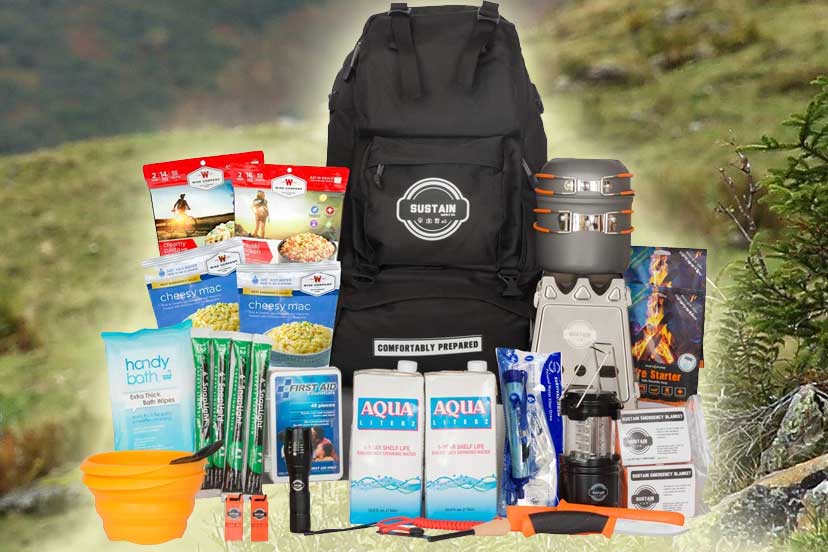“How to Be Prepared: A Guide to Navigating Uncertain Situations with Confidence”

In a world where change is the only constant, being prepared can help you face uncertainties with confidence and resilience. Whether it’s an unexpected event, a challenging situation, or a sudden change in circumstances, being prepared empowers you to respond effectively and adapt seamlessly. Here’s a comprehensive guide on how to cultivate preparedness in various aspects of life:

Develop Your Knowledge and Skills:

- Continuously invest in learning and skill development. Stay informed about current affairs, emerging trends, and advancements in your field.
- Acquire practical skills that can be useful in different situations, such as first aid, basic home repairs, and essential cooking techniques.
Maintain a Positive Mindset:
- Cultivate a mindset that embraces change and sees challenges as opportunities for growth. Believe in your ability to overcome obstacles and adapt to new circumstances.
- Practice optimism and recognize the silver lining in difficult situations. A positive outlook often leads to better decision-making.
Create an Emergency Fund:
- Having an emergency fund, typically amounting to three to six months of living expenses, provides a financial safety net during unexpected events like job loss or medical emergencies.
- Consider opening a separate savings account dedicated solely to this purpose and contribute regularly.
Build a Support Network:
- Cultivate and nurture relationships with family, friends, neighbors, and colleagues. These connections can be invaluable during times of crisis, providing emotional support, resources, and practical assistance.
- Engage in community activities and volunteer to expand your network and contribute positively to your surroundings.
Stock up on Essential Supplies:
- Assemble an emergency preparedness kit that includes non-perishable food, water, first aid supplies, flashlight, batteries, and essential medications.
- Ensure your home has a basic toolkit, fire extinguisher, and a battery-operated radio for emergencies.
Create a Communication Plan:
- Establish a clear plan for communicating with loved ones during emergencies. Decide on a central meeting place and designate an out-of-town contact for information relay.
- Keep important documents like identification, insurance information, and contact details in a secure and easily accessible location.
Practice Emergency Preparedness Drills:
- Regularly conduct practice drills with your family or household to familiarize yourself with emergency procedures, including evacuation routes, alarm signals, and response strategies.
- Identify potential hazards in your home or workplace and develop plans to mitigate these risks.
Enroll in Training Programs:
- Consider taking courses or certifications in areas that can enhance your preparedness, such as first aid, CPR, or wilderness survival training.
- Preparedness knowledge and skills can be particularly valuable if you live in disaster-prone areas.
Stay Informed and Up-to-Date:
- Stay informed about weather forecasts, emergency alerts, and local news. Monitor reliable sources of information, such as government agencies or reputable news outlets, for updates and advisories.
- Subscribe to emergency notification systems and consider downloading emergency preparedness apps on your phone.
Adapt to Changing Circumstances:
- Regularly review your preparedness plans and adapt them as needed, considering changing life circumstances, new technologies, or shifting risks.
- Encourage adaptability and resilience within your family or community to promote a proactive approach to menghadapi uncertainties.
Remember, preparedness is a mindset as much as it is a set of practical measures. By cultivating a sense of readiness, developing essential skills, and building a robust support network, you can navigate uncertain situations with confidence, minimize the impact of challenges, and emerge stronger and more resilient.










